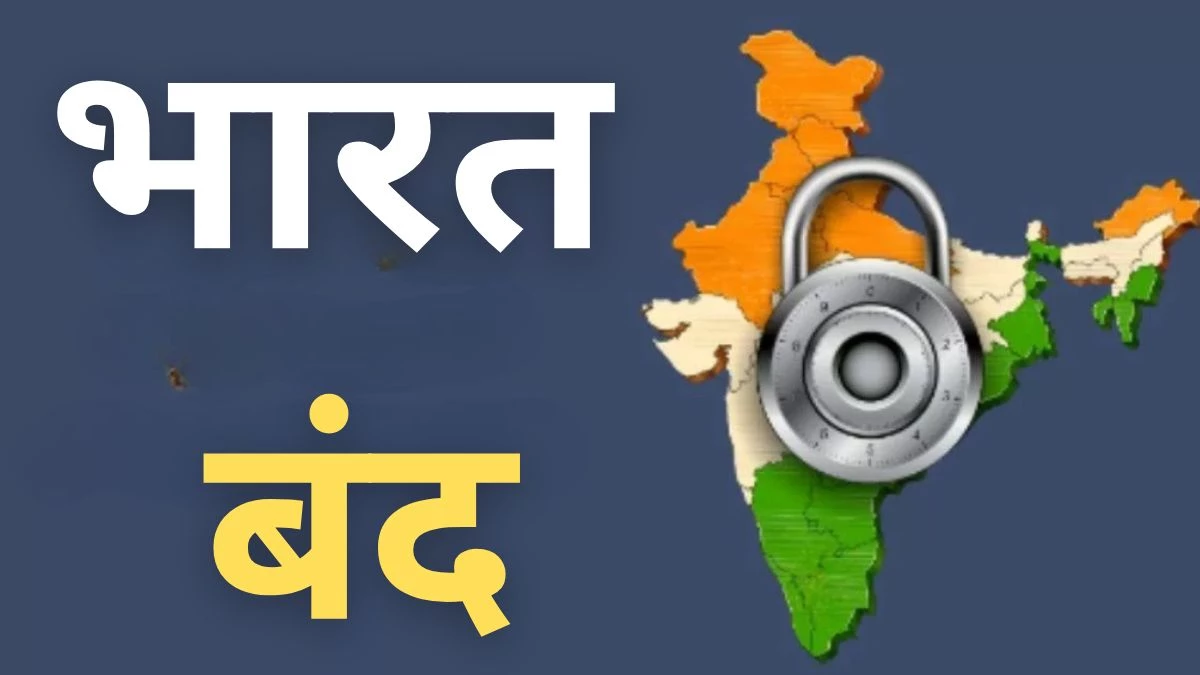Bhubaneswar: Currently, the government of Odisha has taken the charge of transforming government-run schools. Facilities like Smart classes, altar modern laboratories, toilets, e- classrooms, beautiful gates, and boundaries decorated with colourful paintings are being made. Even though new buildings are not made old ones are being renovated. The schools are now looking very attractive. This is a welcome step. But in most of the schools, there are no specialised teachers for some particular subjects. In some schools, Odia teachers teach English, and in some other places, the Sanskrit teacher teaches history. Again some teachers have taken up teaching as a profession without interest, so they seem to be lacking dedication to their profession. The teachers are the soul of the schools. They are the engineers of these factories where the future generations are made. So the quality of the education will not enhance only by renovating the buildings and making the outer part of the schools attractive. Teachers with good personalities and characters, dedicated, empathetic and at the same time efficient are needed. Without such teachers, the schools cannot attain their actual goals. The traditional gurukuls in the ancient times neither had attractive buildings nor did they have such good facilities as the present times but there were highly qualified, noble, dedicated and students friendly teachers. Therefore these schools could achieve such positive revolutions within their limited span in the field of education. Gopabandhu had said, money is not required for education, it is printed by the man, and the only requirement for educating children is teachers. The teachers who can spread knowledge and create the future generation of the country selflessly on the path of truth with utmost dedication.
In 1915, an English visitor had come to visit the Satyavadi Vana Vidyalaya. He was upset seeing the school running in a small thatched hut. The student’s minds would shrink if kept in such an environment. So these mud huts should be destroyed. Gopabandhu replied, Sir do you know why I have built these mud huts? Most of the students who will complete their matriculation from this school are poor. They are not financially capable of pursuing higher education. If they live here in big buildings and spend time in luxury, their future will be miserable. They will be used to the luxurious lifestyle and won’t be happy with their parent’s small huts, so they wouldn’t want to return to their villages. Being dissatisfied, they might try to earn money dishonestly. So there is no need for big lavish classrooms. Today, the fear expressed by Gopabandhu has proved to be true. Most of the students don’t go back to their native after getting educated at big, luxurious institutions. Some chose to earn money in a dishonest way to live a comfortable life. The goal of education has been eroded.
Later when Gopabandhu showed the western parts of the school to the British visitor, he was surprised to see the students are being taught in the open sky, under the tree, flowers are falling on the heads of the students, and the teacher is sitting on a chair made of cement and using a cement table. The students were listening to the teacher joyfully, the blackboard is hung on the tree trunk. The visitor was amazed by seeing such a school. After leaving the school he had given admirable comments to the higher authorities. Later, based on those comments, all the schools were notified that there is no need for expensive huge buildings for schools, only the basic shelter would be built for the schools for the rainy seasons. By following the ideologies of the Satyavadi Banavidyala small gardens should be created by planting trees by the students. The quality of teaching will be enhanced by this step. The heart and minds of the students will become huge and generous. It is understood that in later times there is a need for a strong infrastructure for teaching.
Without a clean environment and proper necessary equipment, teaching can not happen. The main goal of teaching is not to produce high-paying jobs but to create virtuous, principled, patriotic men. It is only possible through ethical education. To achieve this, there is a need for a curriculum based on ethical values and ideal teachers. So Gopabandhu was always giving priority to the self-purification of the teachers. All the teachers in the Satyabadi Vanavidyalaya were the manifestation of pure pronunciation of cultured and well mannered. Pandit. Nilakantha, Pandit. Godabarisa, and Pandit. Krupasindhu were the Master Degree holder, and Acharya Harihara was the F.A degree holder. All of them had left lucrative high paying government jobs, and worked at Satyabadi Vanavidyalaya for a meagre salary. Teaching was not a profession, but a service for them.
Now, the government has created many plans and policies for spreading qualitative education and trying to bring reform in education. Huge funds are bring allotted to welcome and implement the New Education Policy after the globalisation. Despite all this, the education system lacks discipline. Student, teacher and education are a golden triangle. But there is no coordination maintained among these three. The government is only doing the outer renovation but not the inner renovation. The primary aim of education can not be without developing the characteristics like teaching in the natural environment, character building, respect for labour, disciplined life, awakening patriotism, social service, and developing moral idealism. So in Odisha Gopabandhu Dash was the first reformer of education. According to him the primary aim of education is the organisation and development of life. It is not only secured by increasing the power of arguments, and debates, or by getting medals in sports. Without denying the importance of these achievements, the development of moral life is the real humankind. With the lack of such education, despite the modern education system has been initiated for a long period, but can not reflect any fruitful outcome as yet.
-OdishaAge




